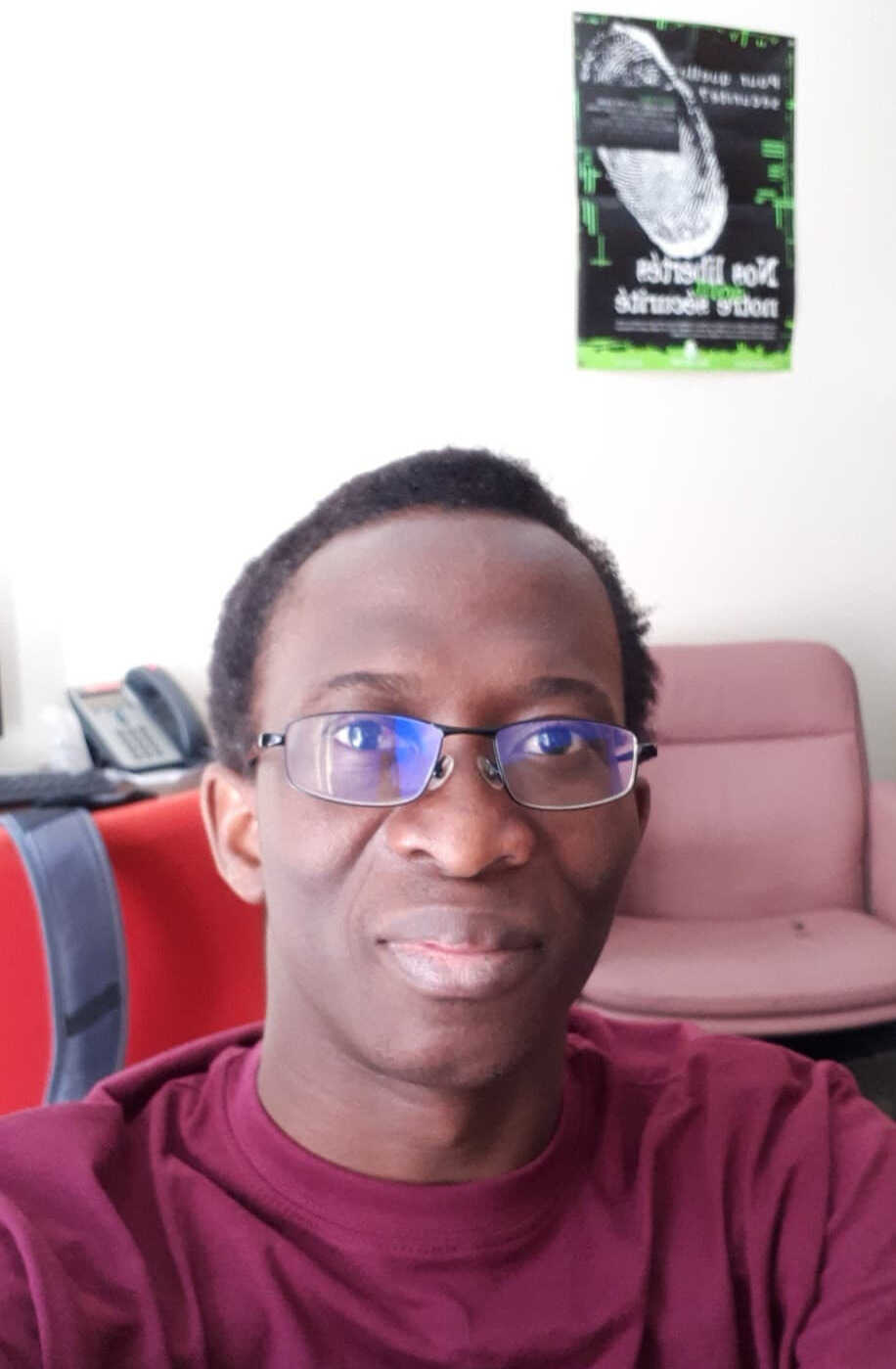People
Faculty
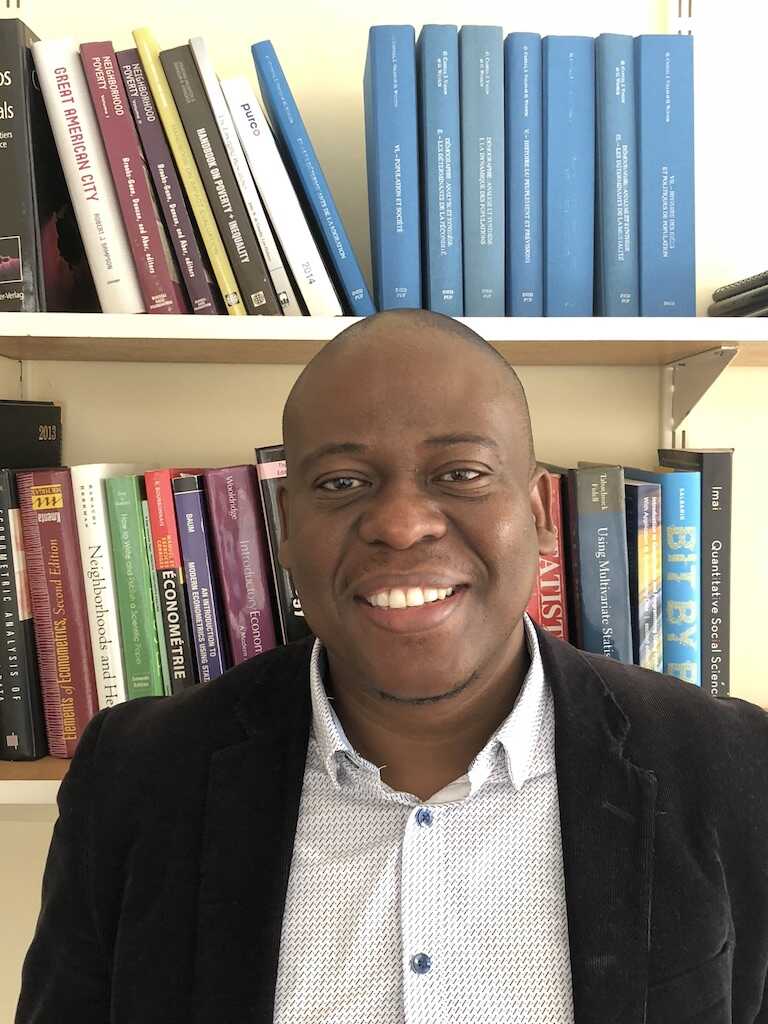
Vissého Adjiwanou
Vissého Adjiwanou is a professor of Demography and quantitative and computational methods in the department of Sociology at the Université du Québec à Montréal (UQAM). He is affiliate with the Centre on Population Dynamics (McGill University), and the department of Demography (Université de Montréal). Previously, he has served as Senior Lecturer at the University of Cape Town in South Africa. He received a M.A in Statistics from the National School of Statistics and Applied Economics (ENSEA-Cote d’Ivoire), a M.A in Economics of Development at the Centre for Studies and Research on International Development (CERDI- France) and a Ph.D in Demography from the Université de Montréal (Canada). His research focusses in population issues in sub-Saharan Africa and in Canada, including fertility, family dynamics, gender inequality, reproductive health, and migration. Vissého is the organizer of the first two Summer Institute in Computational Social Science at the University of Cape Town (South Africa).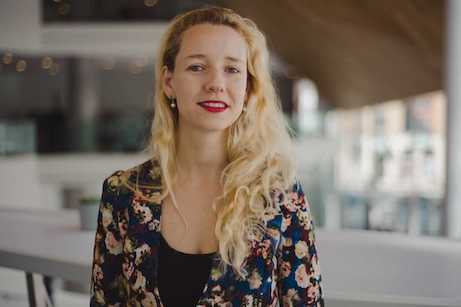
Julie Hussin
Dr. Hussin is an early career Principal Investigator at the Montreal Heart Institute since January 2017 and Assistant Professor in the Department of Medicine of the Faculty of Medicine at Université de Montréal. She is an active member of the Institute for Data Valorization (IVADO) funded by Canada First Excellence Funds. She has extensive expertise in computational biology, statistics, molecular evolution and human genetics. In particular, she is an expert in population genetics and has worked on natural selection and population demography in the founding population of Quebec, deepening our understanding of the French-Canadians’ genetic make-up. Her bioinformatics team have significant experience in handling and integrating large datasets and in developing computational tools, including Bayesian methods and machine learning approaches in genomics.Speakers
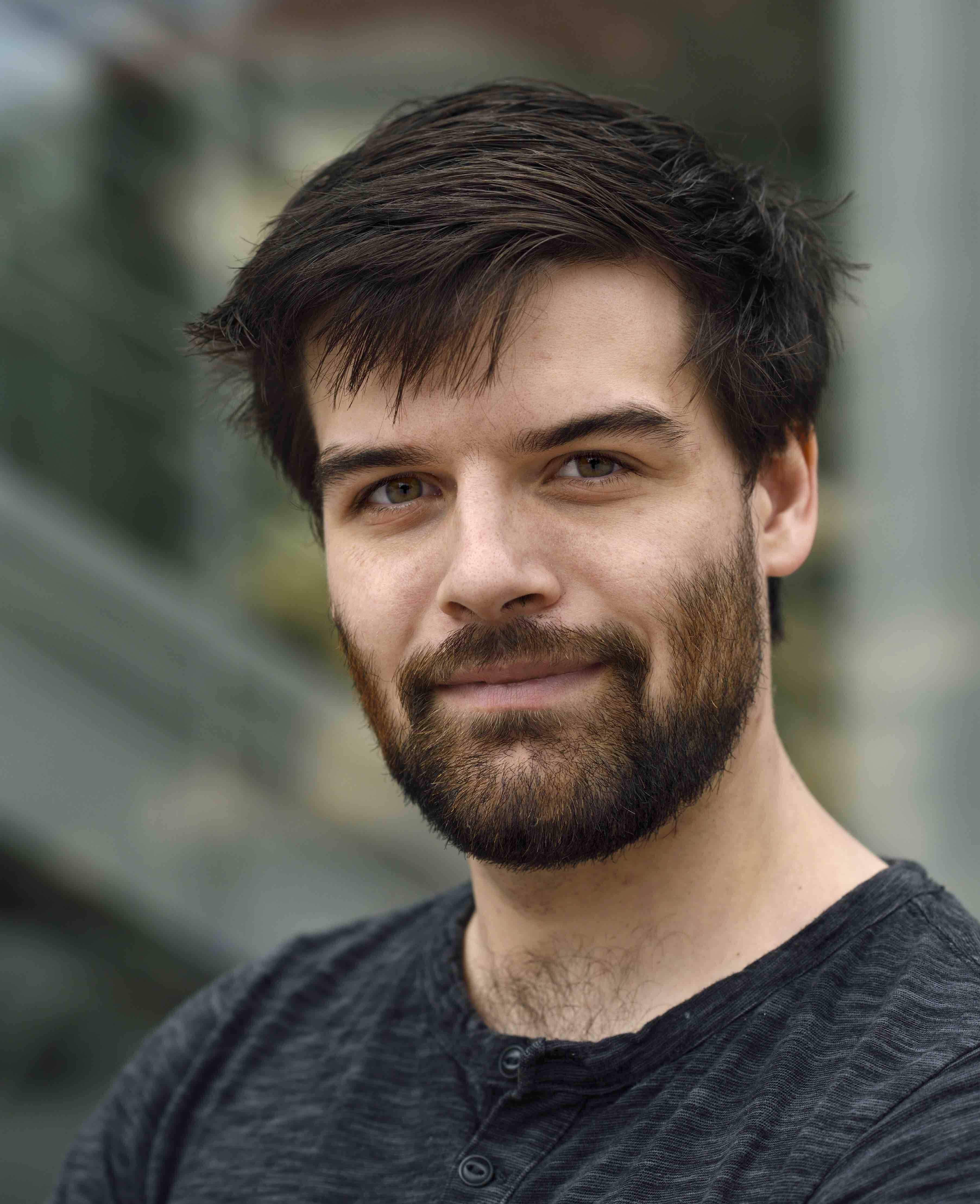
William L. Hamilton
William L. Hamilton is an Assistant Professor of Computer Science at McGill University, a member of the Mila AI Institute of Quebec, and a Canada CIFAR Chair in AI. His research focuses on graph representation learning, as well as applications in computational social science and biology. William's doctoral thesis -Representation Learning Methods for Computational Social Science- received the 2018 Arthur L. Samuel Thesis Award for the best thesis in the Computer Science department at Stanford University. He also received the 2017 Cozzarelli Best Paper Award from PNAS for his work studying police-community interactions using machine learning. His work has been featured on the BBC, Wired, and in the New York Times.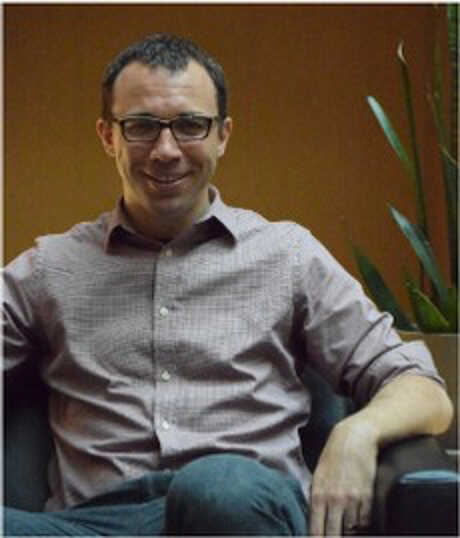
Stephane Helleringer
Stephane Helleringer is a demographer with interests in a) the development of new methods to measure mortality rates in countries with limited data, and b) the impact of epidemics on population health and mortality. Over the past 15 years, he has worked extensively in several African and south Asian countries. He has launched the Likoma Network Study, a cohort that generates detailed maps of the sexual networks through which HIV spreads in a small island community of East Africa. He is currently the principal investigator of a multi-country study on adolescent and adult mortality in Malawi, Uganda, Guinea-Bissau and Bangladesh, funded by the NIH. He recently initiated a panel study of behaviors and mortality during the COVID19 pandemic in Malawi.Teaching Assistants
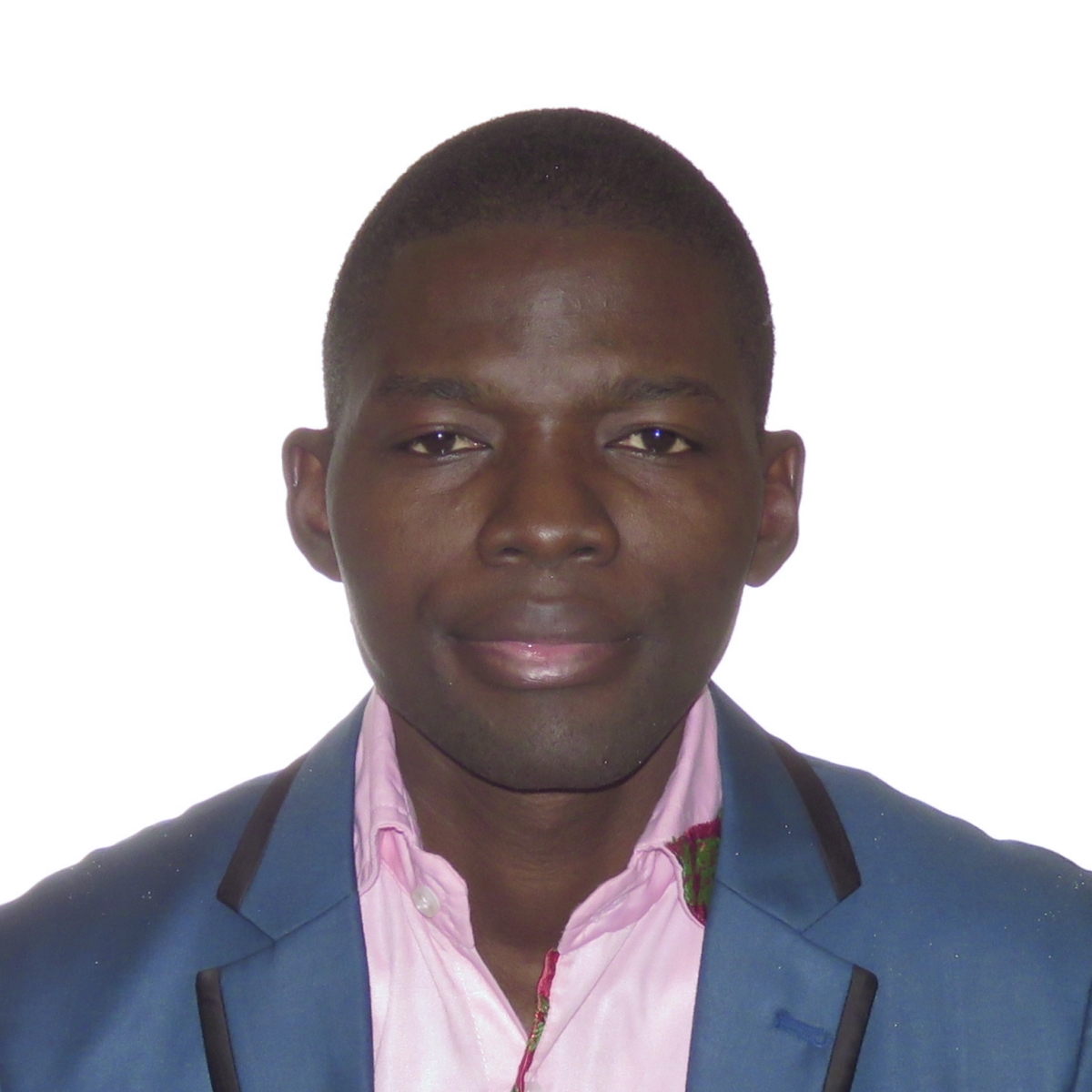
Robert Djogbenou
Robert Djogbenou is a PhD candidate in the department of Demography at Université de Montréal. His research interests include reproductive health in sub-Saharan Africa and family dynamics, integration of immigrants, migration in Canada. In the realm of computational methods, he is particularly interested in machine learning techniques and the use of social media data.Participants
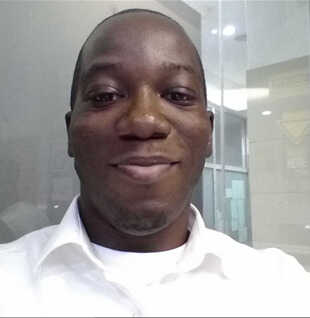
Taiwo Amoo
Taiwo Amoo is a PhD candidate in Computer Science at University of Lagos. His research interests include development and application of machine learning techniques to mine machine generated data and also leverages spatio-temporal models for solving social problems. He underwent his research internship at MainOne where he was involved in several data mining related tasks on system logs. Recently, he was selected as a winner of the MTN Academic Research Design and Innovation Challenge. He is currently the founder of LogTech which leverages machine learning to anticipate failures in intermediary devices in the network using logs and trouble tickets.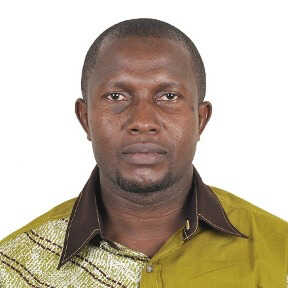
Boureima Adamou
Boureima Adamou is a PhD candidate on food security and livelihoods in University Abdou Moumouni of Niamey (Niger). His research interest is about food security determinants analysis and local livelihoods and sustainable coping strategies in the Sahel region. His focus is on combating food insecurity with a resilient community model based on a better understanding of food systems dynamic; sustainable adaptations mechanisms and livelihoods. He holds a master’s degree in statistics from National School of Statistics and Applied Economics (ENSEA, Senegal) and a master’s degree in Society innovations and Development from International Institute of Water and Environmental Engineering of Burkina Faso. He worked as program officer for World Food Program (Niger Country Office) in resilience and capacity development unit. He is co-founder of a private statistics and computer sciences school (ESSI) in Niamey.
Giorgio Barnabò
Giorgio Barnabò graduated in Applied Statistics and is now a Ph.D. candidate in Data Science at the Department of Cumputer Engineering, Sapienza University, Rome - Italy. His research focuses on Algorithmic Fairness, and Affirmative Action policies. Recently, he started applying advanced NLP techniques (i.e. Bert like language models) to online contents in order to study how narratives are created and spread in the online world.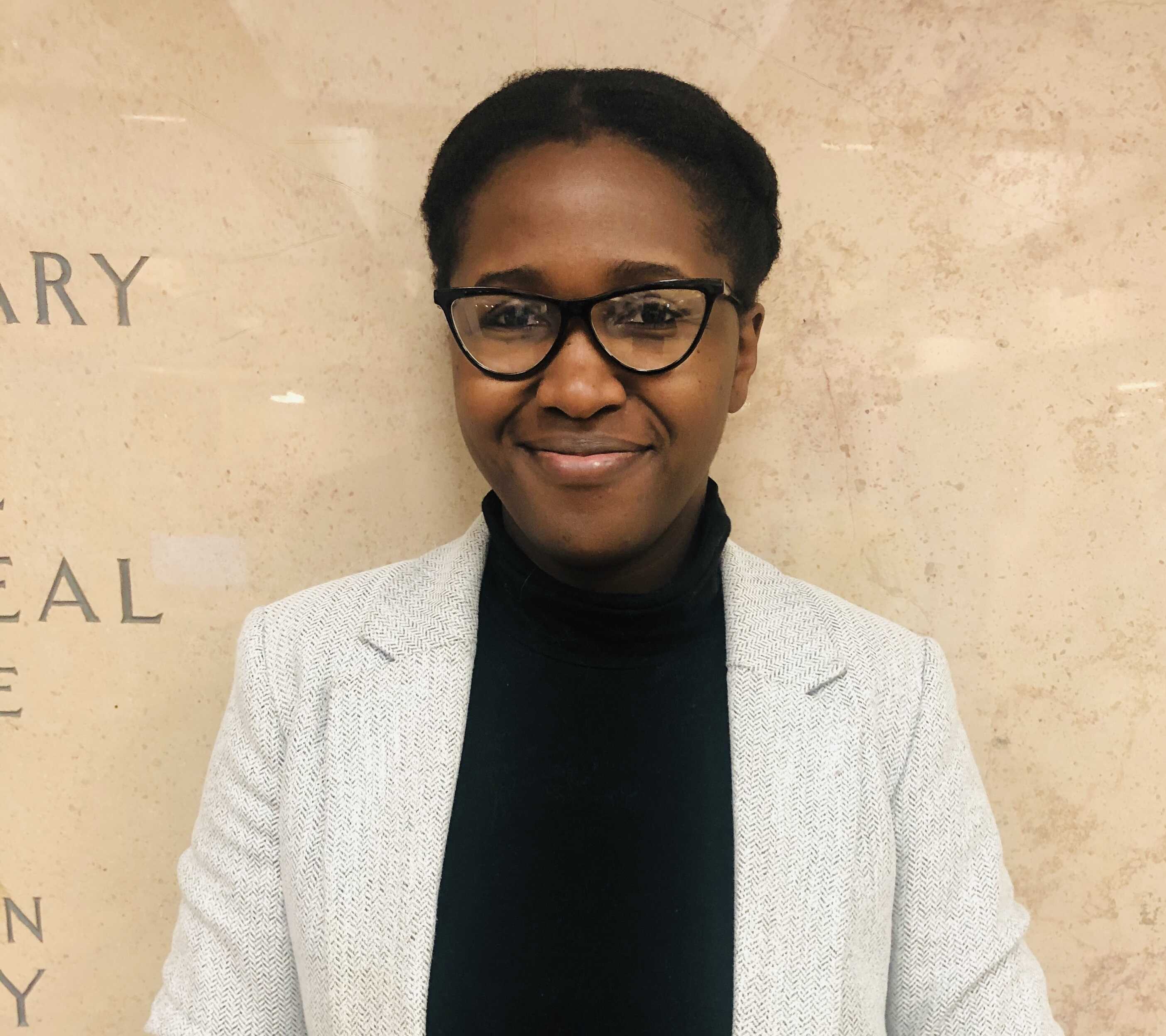
Fatim Diabagaté
Fatim Diabagaté is a PhD candidate in economics at Université de Montréal. She holds a Master's in Statistics and Economics. Her research focuses on labour mobility, immigration and housing. More specifically, her current orientation addresses information issues about workers actual skills, how immigration affects public debt and the impact of parents' homeownership on kids' long-term outcomes. She is interested in deepening her skills in computational science for ongoing projects on gender wage gap using machine learning algorithms.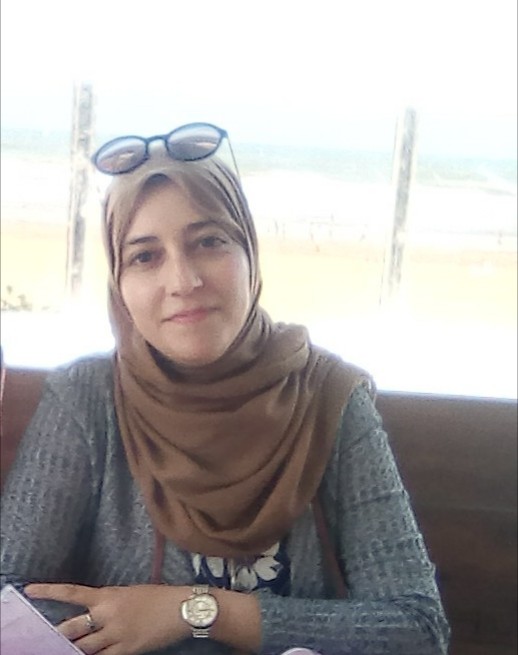
Chaimae Drioui
Drioui Chaimae is a PhD candidate at National Institute of Statistics and Applied Economics (INSEA), Morocco. She is a state engineer in statistics and demography, graduated from INSEA. She is also a member of the GES_3D laboratory (Gender, economics, statistics, demography and sustainable development). Her PhD study is interested in the analysis of fertility and reproductive health with a gender perspective.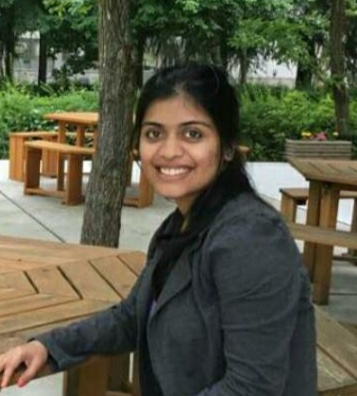
Shruti Kulkami
Shruti Kulkarni is a data science professional interested to collaborate across disciplines and develop and apply statistical and machine learning methods on social science and sustainability issues. She has widely used causal modeling and forecasting techniques before and interested to learn more about causal graph models, social network analysis to reason better with environmental-social-governance (ESG) issues. Shruti has finished her M,tech, and Ph.D. from the Department of Management Studies, IISc, Bangalore and she is currently working as deputy manager-data science & analytics with Philips. She is an early career researcher with research interests broadly focusing on advanced computational solutions for sustainability, climate change, and beyond.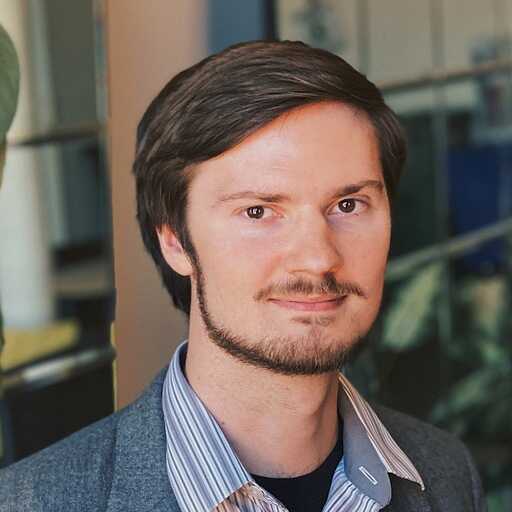
Matthew Martin
Matthew Martin is a PhD Candidate in the Cognitive Informatics program at L'Université du Québec à Montréal (UQAM, Canada). He is also an analyst at The Decision Lab, a non-profit think-tank that uses behavioural science to improve decision-making. His research interest is in finding or creating the best tools for aiding decision-making and subjecting them to rigorous empirical analysis. He holds a Master's degree in psychology and a Bachelor's degree in cognitive science.
Georges Alain Tchango Ngalé
Georges Alain Tchango Ngalé is a PhD candidate in demography at the Université de Montréal. He participates in research activities as part of Trajectories of Immigrant Participation in Quebec Society (TrajIPaQ) project in the Department of Demography. His thesis project focuses on the relationship between the health of immigrants and their participation/integration into Quebec society, using a mixed methodological approach. More generally, his heuristic fields of interest focus on population health and gender-based violence, trying to follow as much as possible a cross perspective between life course and intersectionality. He has participated in several international conferences and is the author/co-author of a scientific article and book.
David Pelletier
David Pelletier is a postdoctoral researcher at McGill University’s Sociology Department and is also affiliated with INRS and Université de Montréal. Trained in demography, he uses surveys and administrative data to study family dynamics and inequality in the Canadian context, but also in the United States and Europe.
Julian Posada
Julian Posada is a Ph.D. student at the Faculty of Information and a Junior Fellow of Massey College. His research focuses on the personal networks of workers of digital labour platforms that produce, label, and verify data for artificial intelligence systems. It combines theories and methods from the sociology of work and social networks, and the political economy of platforms. Prior to joining the University of Toronto, he worked as a research assistant for the Laboratory for Computer Science (LRI) of the French National Centre for Scientific Research (CNRS). He holds a master's degree in sociology form the School for Advanced Studies in the Social Sciences and a bachelor's degree in the humanities from Sorbonne University.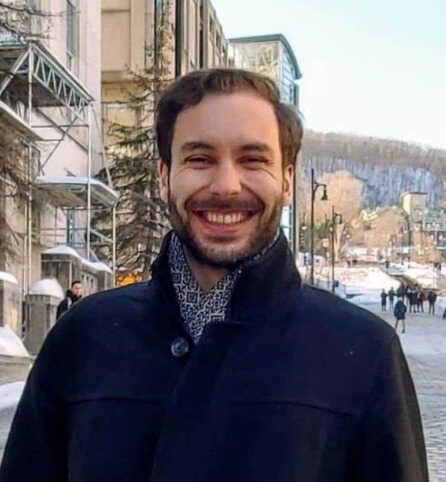
Xavier St-Denis
Xavier St-Denis is an economic sociologist currently working as a Postdoctoral Fellow in the Department of Sociology at the University of Toronto, Scarborough. He completed his graduate work at McGill University and spent two years conducting research in the Income Statistics Division at Statistics Canada, where he developed an expertise in the use of administrative and integrated datasets to explore new questions of high policy relevance. His research focuses on labour markets, stratification, careers, organizations, and comparative political economy using quantitative methods. In his most recent work, he explores the drivers of trends in job stability in Canada, the UK and Germany, and the consequences of job hopping on hiring outcomes in different US occupations. In addition, his postdoctoral research builds on work he conducted in parallel to his PhD on the drivers of intergenerational income transmission in Canada. He is currently dedicating some of his time to research on labour market inequality in the context of COVID-19.
Oluwaseyi Dolapo Somefun
Oluwaseyi Dolapo Somefun holds a Ph.D. in Demography and Population Studies. Her doctoral thesis applied a mixed method approach and engaged diverse young adults across different regions in Nigeria. Her central aim explored how young people overcome risks in the face of adversity and focused on issues like resilience and vulnerability. She plays an ongoing active role in several interdisciplinary research projects. The majority of these have been published in high ranking international and national accredited journals. Her scholarly interests range widely from adolescent sexual and reproductive health, social networks and mixed research methodology. She is strongly interested in improving health behaviors of adolescents through health communication and policy dissemination.
Yang Teoh
Yang Teoh is a PhD student at the Department of Psychology, University of Toronto. He is interested in the interpersonal emotional processes that guide and sustain prosocial behaviour. HIs research mainly focuses on the design and application of computational algorithms that capture and explain psychological processes as they unfold during social interactions.
Anagha Uppal
Anagha Uppal has been involved in the Computational Social Science movement since 2015 when she declared it her undergraduate self-designed major. Now a MA/PhD student in Geography (geographic information science), she is developing as an early career researcher answering environmental and humanistic social science questions from a spatial data science lens. She also has experience with large and small nonprofits, including with the American Red Cross, and hopes to spend her career in effective altruism nonprofit spaces.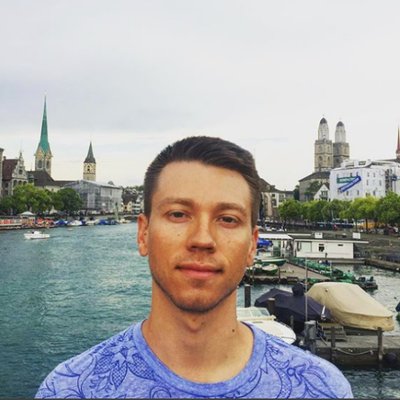
Robert Vidigal
Robert Vidigal is a Ph.D Candidate at the Department of Political Science, Stony Brook University, NY. His research focuses on Comparative Political Behavior, Political Communication, Political Psychology, Public Opinion, and Network Analysis. He is interested in how political communication influences voters behavior and political attitudes. Especially, citizens’ ability and motivations to learn and process new information.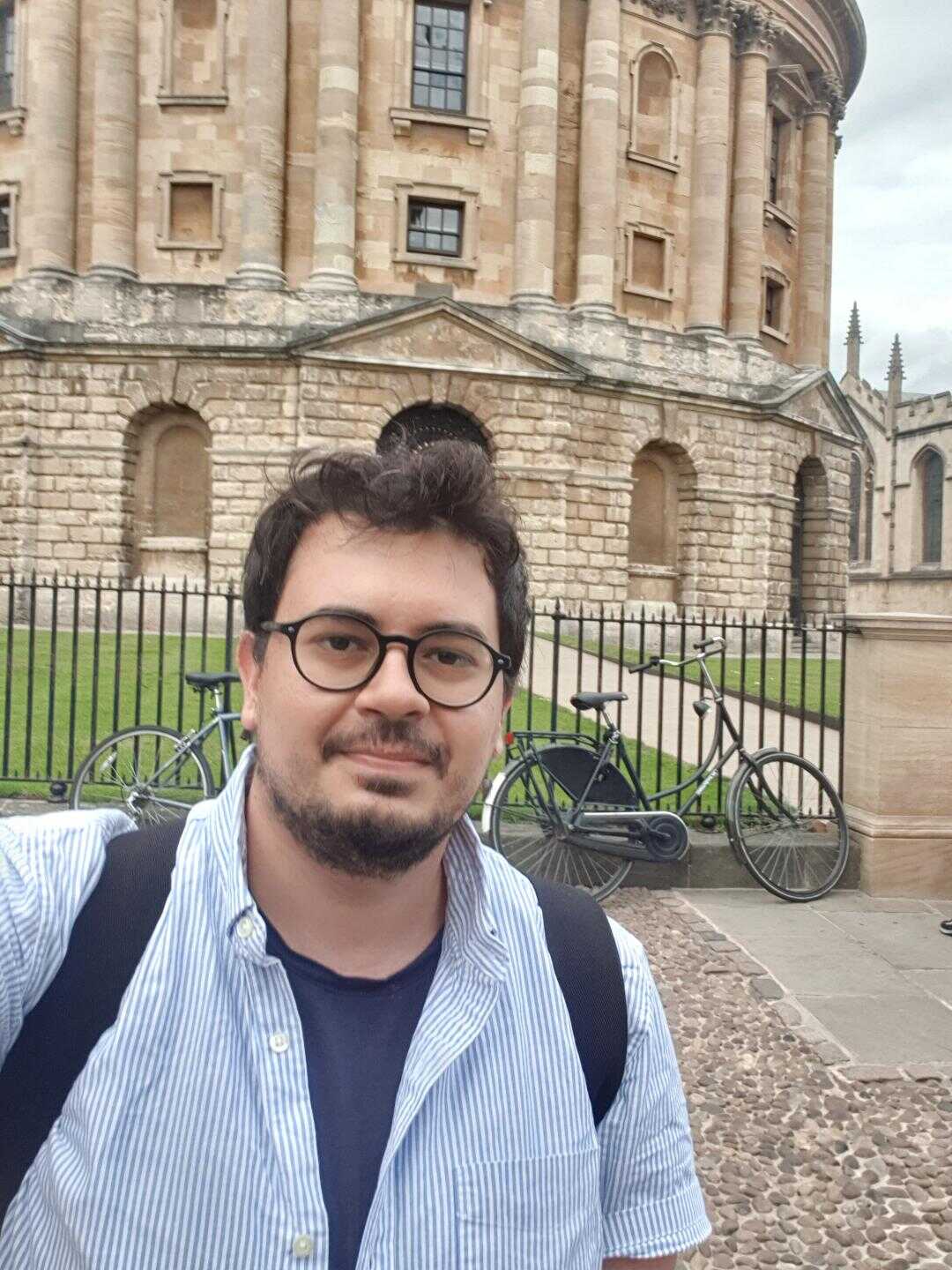
Baturay Yurtbay
I studied Political Science and International Relations at Yeditepe University, Istanbul, Turkey, and took a double major in Sociology at the same university. During my education, I also attended various universities such as The Hague University of Applied Sciences as an Erasmus student, Beijing Language and Culture, and University of Oslo for Comparative Social Science Summer School. I hold a Master at the Department of War Studies at King's College London. During my MA, I worked about peace processes in Turkey by evaluating the socio-political steps in this process by attempting to understand governmental responses and the reactions of terrorist actions. I have been research assistant in the Department of Sociology at Yeditepe University since 2016 where I do my doctoral study. I also studied in the department of Politics and International Relations as recognised student at University of Oxford between 2019-2020 for my doctoral studies. My main research areas are political sociology, terrorism studies, sociology of war and social movements. My doctoral research focuses on exploring the institutional responses and counter-terrorism strategies developed by Turkey and the United Kingdom in the aftermath of the terrorist attacks, 2003 Istanbul and 2005 London terrorist attacks. I plan to defend my thesis in September 2020.
Nima Zahedinameghi
Nima Zahedinameghi earned a Ph.D. in sociology from Laval University. He comes to data science from a social science background where he has received both quantitative and theoretical training in the field. His current research agenda revolves around the combined application of social and complex systems theory and formal methods such as agent-based modeling and computational techniques. Methodologically, he is interested in using artificial intelligence for the study of human behavior in large-scale social systems. Nima also has a keen interest in data science as an overarching discipline for conducting interdisciplinary research in different aspects of society, politics, and economics. His current research includes a work-in-progress that provides ontological compatibility between sociology and other computational fields such as information science, and data science.